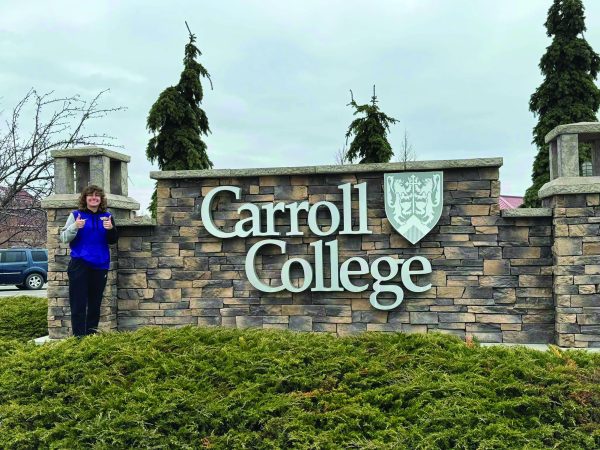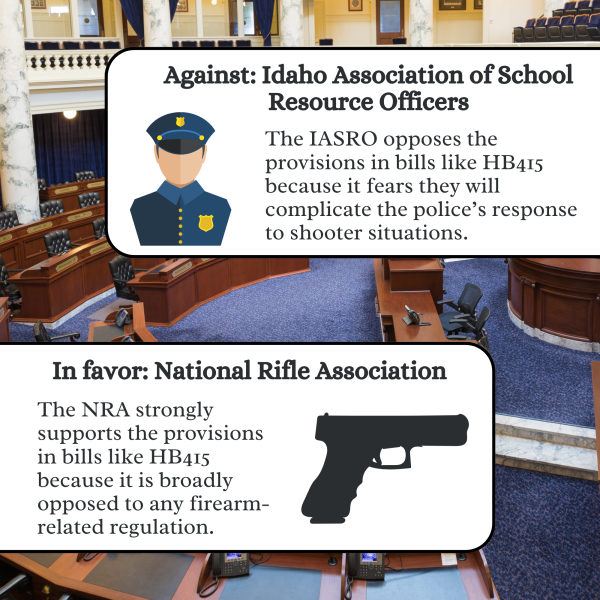Hundreds respond in Purr’s student Access survey
Out of 361 students, or about 27% of the school population, around 75% found Access useful. The majority of students (approximately 60%) use Access for either homework or makeup work. This is likely the cause of one of the greatest issues students have with the current Access format — not being able to transition to other classrooms. In survey responses. one of the most frequently suggested changes was to bring back the ability for students to go to other classrooms and speak with other teachers. Results showed that 84.3% of students like being able to transition to other classrooms during Access, and 65.3% think Access should definitely return to this format.
Another common complaint was the length of the typical Access period. Access is 30 minutes long, and many students see this as insufficient. Some stated that even when students could transition during Access, after crossing the campus, a significant portion of the period had been already wasted. Then crossing the campus just to return to Access class could take a student completely out of the way of their normal schedules.
Despite these concerns, only 26.3% of students prefer to stay in their first hour class during Access time. But the general consensus among the detailed responses seems to be that the Access teacher does not matter as much as the ability to transition between classrooms.
It is important to note that 19% of students reported not using access for Academic activities, and 2.2% do not attend Access at all. However, other students proposed potential solutions to these problems. One student suggested that a staff member could stand by the front door to stop people from leaving during Access. Others mentioned that if students remained in their first hour classes, they are less likely to leave during the transition time.
Another student suggested that the school should give students something to do during Access, so there is a real incentive to attend for students who don’t need to visit other teachers or catch up on work. The 25% of students who do not find Access useful could spend the time completing an assignment.
A common complaint about Access is not just the length of the period but the time of day at which it is held. Many students suggested moving Access to either the beginning or end of the day, citing that this would give students the ability to come in early or stay afterward without interruption. Also, schedule changes in the middle of the day can cause confusion.
Ultimately, regardless of how changes are implemented — if at all — students generally agreed that Access is a useful tool for them, that Access has room for improvement, and that its main feature should be the ability to transition between classrooms.






